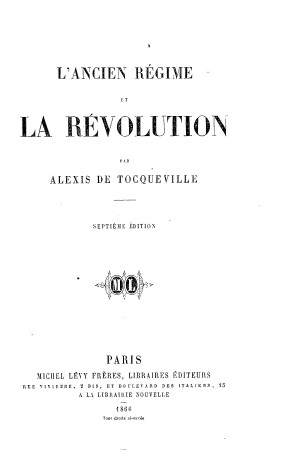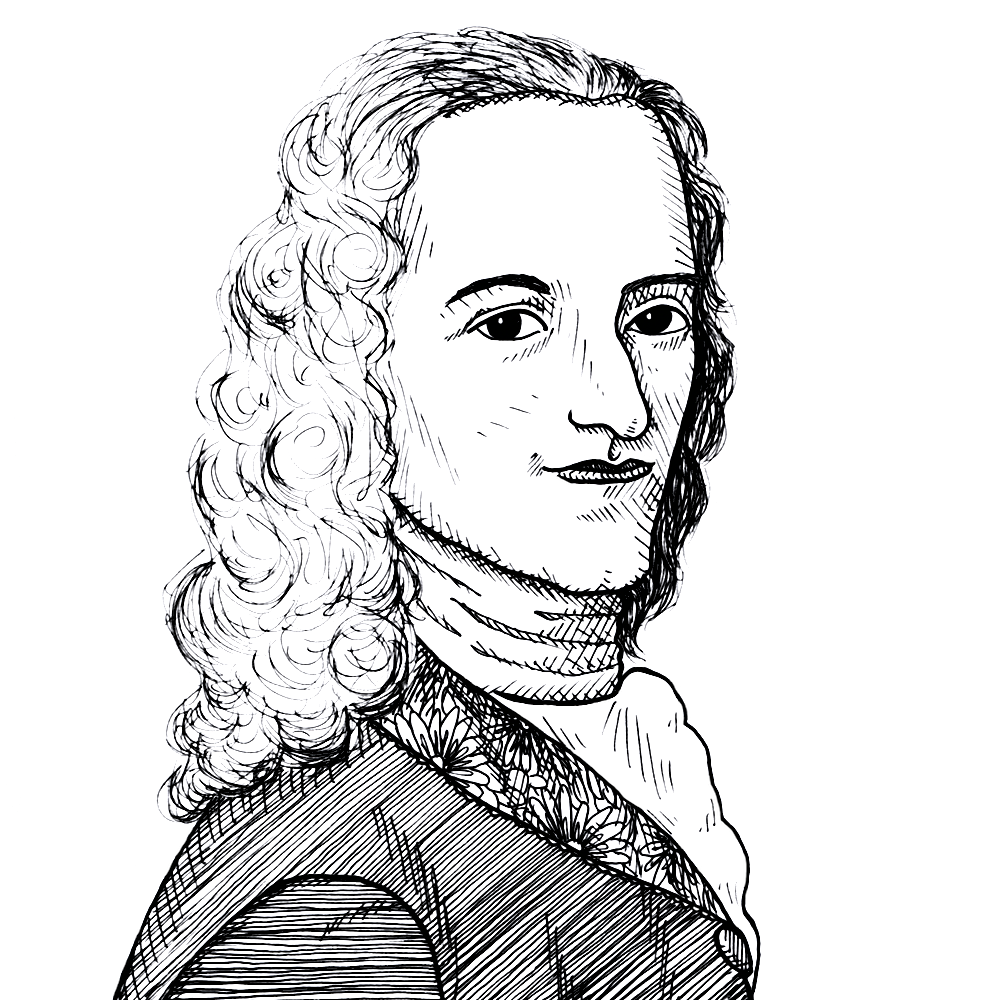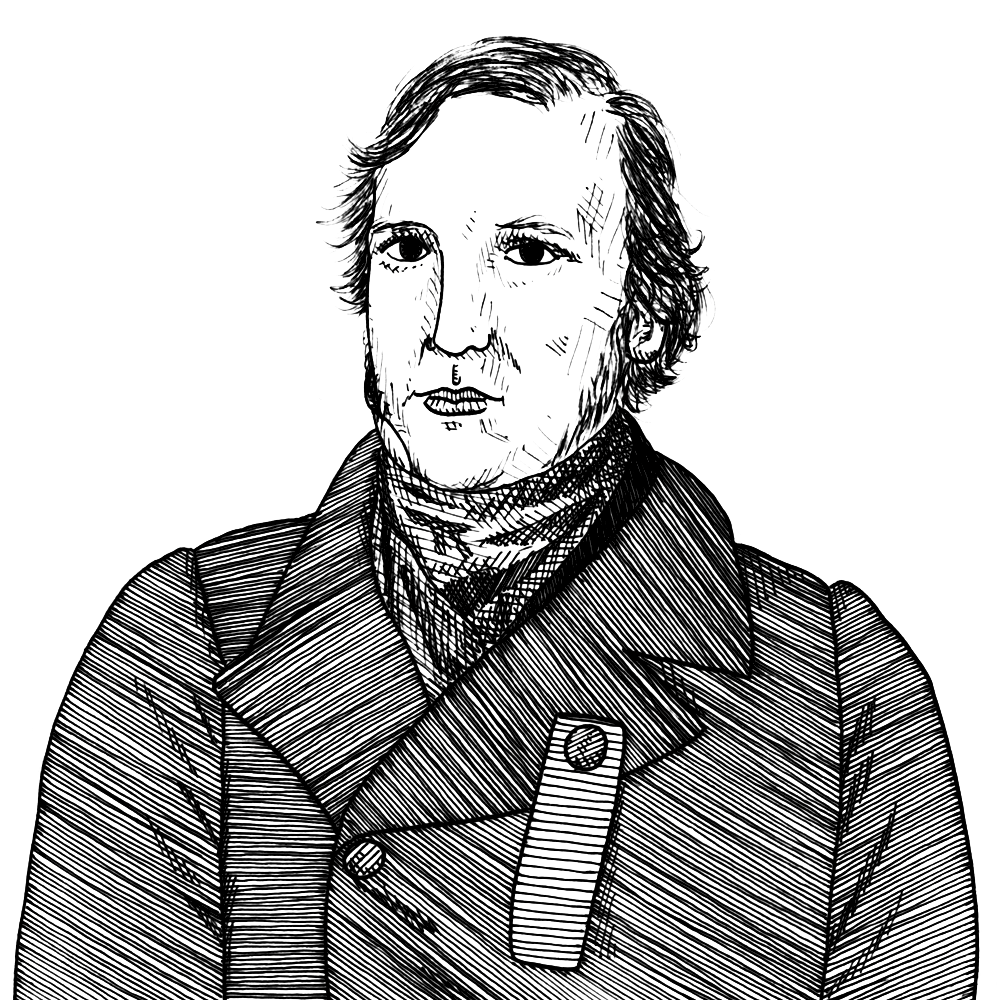
Part of: Democracy in America. English Edition. 2 vols. Democracy in America. English Edition. Vol. 2.
- Alexis de Tocqueville (author)
- Eduardo Nolla (editor)
- James T. Schleifer (translator)
Volume 2 of a two volume English only version of Liberty Fund’s 4 volume bi-lingual critical edition. In 1831, Alexis de Tocqueville and his friend Gustave de Beaumont visited the United States. From Tocqueville’s copious notes of what he had seen and heard came the classic text De la Démocratie en Amérique, published in two large volumes, the first in 1835, the second in 1840. The first volume focused primarily on political society; the second, on civil society.
Related People
Key Quotes
The State
Critical Responses
Journal Article
Liberty, Equality, and DemocracyEduardo Nolla
This title dives into Tocqueville’s political philosophy and social theories.

Book
Democracy and Its Friendly Critics: Tocqueville and Political Life TodayPeter Augstine Lawler, editor
As the title suggests, this compilation of essays examines Tocqueville and the political life of contemporary America.
Connected Readings



AdamSmithWorks Essay
Smith, Tocqueville, and Foucault on the Temptation of Enlightened DespotismEric Schilesser


Book
Tocqueville’s Voyages: The Evolution of His Ideas and Their Journey Beyond His TimeChristine Dunn Henderson



